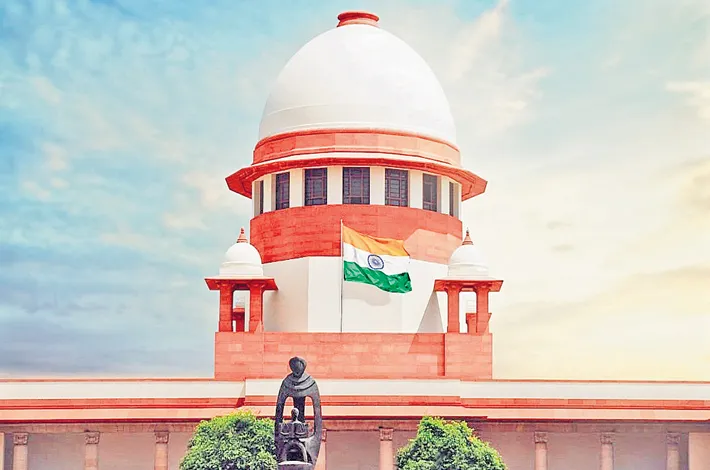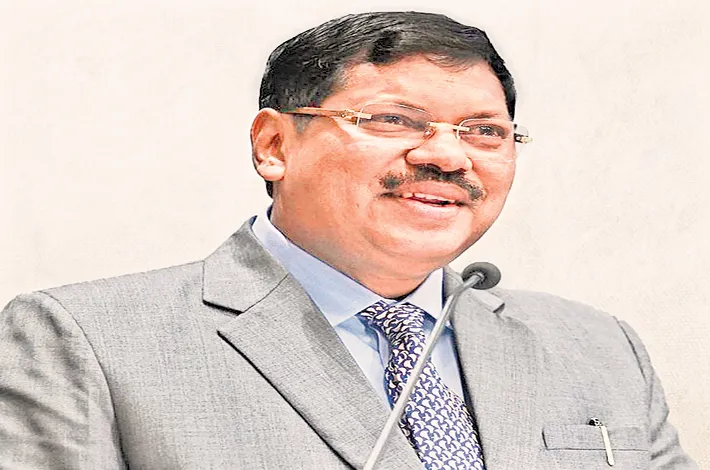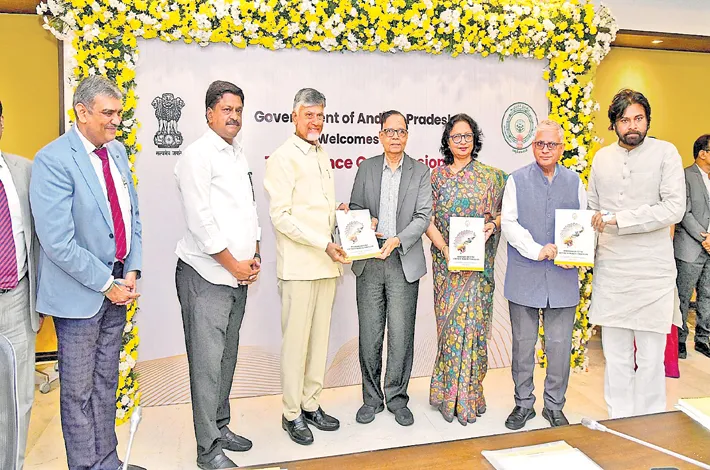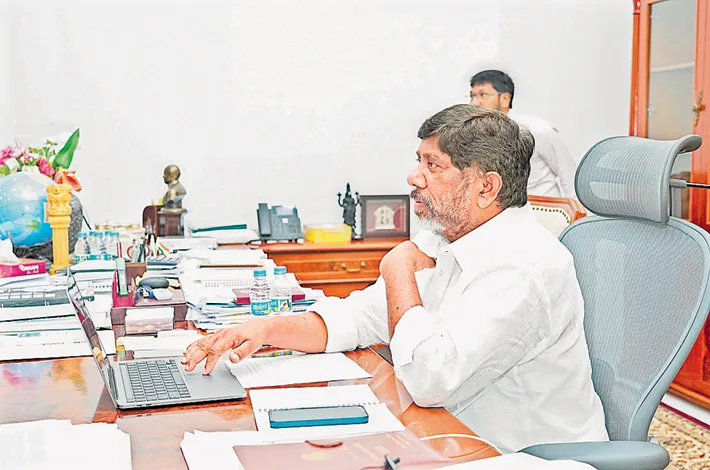TN Guv Ravi’s action, ‘Illegal, Arbitrary, Erroneous in law’
09-04-2025 12:00:00 AM
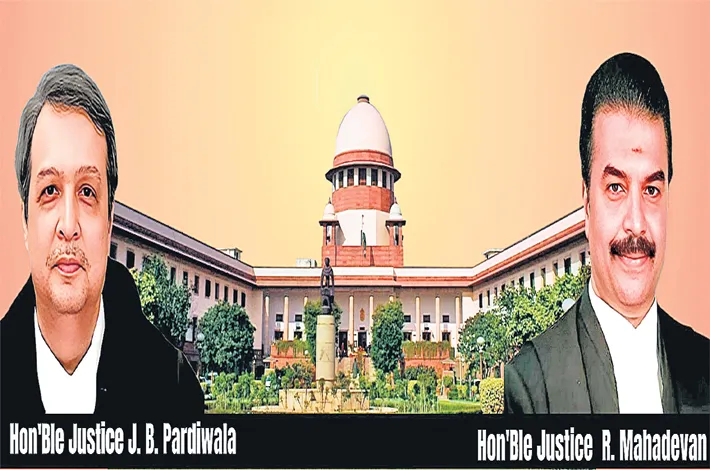
* Supreme Court defines the gubernatorial role, powers and duties
* Supreme Court prescribes time limits for Governors to act on Bills
vjm divakar I hyderabad
That the Governor is under the constitution, and not above it was categorically told in what can be termed as a landmark decision delivered by the Supreme Court addressing the actions of Tamil Nadu Governor R N Ravi concerning the withholding of assent to 10 bills passed by the Tamil Nadu Legislative Assembly.
The court, in a ruling by Justices J B Pardiwala and R Mahadevan, declared the Governor's prolonged delay and subsequent reservation of these bills for the President's consideration as "illegal," "arbitrary," and "erroneous in law," violating Article 200 of the Constitution, which governs the Governor's role in assenting to state legislation.
The Supreme Court criticized Governor Ravi for not acting in "good faith," noting that he sat on the bills for an extended period—some pending since January 2020—before reserving them for the President in November 2023, only after judicial pressure mounted.
The court ruled that once the state assembly re-passes bills returned by the Governor, he is constitutionally bound to grant assent expeditiously, without indefinitely withholding it or exercising an "absolute veto" or "pocket veto." As a result, the 10 bills were deemed to have received the Governor's assent on the dates they were re-presented, and any subsequent actions by the President on these bills were also declared invalid.
The court further set strict timelines for Governors: they must refer bills to the President within one month and decide on assent within three months, reinforcing the primacy of elected state legislatures in India’s federal structure.
Tamil Nadu Chief Minister M.K. Stalin hailed the verdict as "historic," calling it a victory not just for Tamil Nadu but for all state governments, strengthening state autonomy and federalism. The ruling has broader implications, impacting similar disputes in opposition-ruled states like Karnataka, Kerala, Punjab, and Telangana, and setting a precedent against gubernatorial overreach.
Governors who overstepped mandate in the past
Over the years, several Governors have faced criticism for allegedly overstepping their constitutional mandate or acting in favour of the central government, particularly in politically sensitive situations. Here are some notable examples:
Dismissal of State Governments (Article 356 Misuse)
Governors have been accused of facilitating the imposition of President's Rule (Article 356) by recommending the dismissal of elected state governments, often at the behest of the Centre. For instance:
In 1959, the Governor of Kerala recommended President's Rule, leading to the dismissal of the E.M.S. Namboodiripad-led communist government, a move widely seen as influenced by the Congress-led central government. In 1977, post-Emergency, several opposition-ruled state governments were dismissed based on Governors' reports, raising concerns about political bias.
In 1984, the then AP Governor Ramlal replaced the government headed by NTR with a government led by Nadendla Bhaskar Rao. NTR was later restored to his post, when a national wide movement forced the then Congress government to undo what Ramlal did.
NTR called for the abolition of post of Governor
As AP CM, NTR faced many problems with the then Governor Ms Kumudben Joshi. He often complained of her with running parallel government. He wanted the institution of Governor to be abolished and one to the extent of saying Centre (government) is a myth. Even C N Annadurai to Nitish Kumar have called for the abolition of the Governor’s post in the past.
Refusing assent to bills
Governors have been criticized for withholding assent to state legislation or reserving bills for the President's consideration without sufficient justification, effectively stalling state policies opposed by the Centre. A prominent example is Tamil Nadu, where in recent years (e.g., 2021-2023), Governor R N Ravi was accused of delaying assent to bills passed by the state legislature, leading to tensions with the DMK-led state government.
Interference in State Politics
Governors have sometimes been accused of meddling in the formation of state governments, especially in cases of hung assemblies. For example: In 2018, Karnataka Governor Vajubhai Vala invited the BJP to form the government despite a post-poll coalition (Congress-JD(S)) claiming a majority, sparking allegations of bias toward the Centre's ruling party (BJP). The Supreme Court later intervened, and the BJP government fell after failing a floor test.
In Maharashtra (2019), Governor Bhagat Singh Koshyari was criticized for hastily imposing President's Rule and later allowing a BJP-led coalition to stake a claim, only for the situation to shift after judicial scrutiny.
Arunachal Pradesh and Uttarakhand (2016)
Governors in these states were accused of acting as proxies for the Centre in destabilizing opposition-ruled governments. In Arunachal Pradesh, Governor J.P. Rajkhowa’s actions led to the imposition of President's Rule, which the Supreme Court later declared unconstitutional, restoring the Congress government. Similarly, in Uttarakhand, Governor K.K. Paul’s recommendation for President's Rule was struck down by the judiciary.





